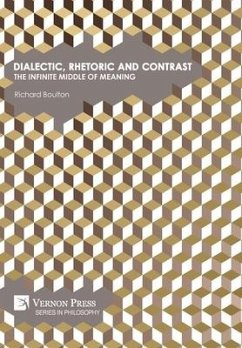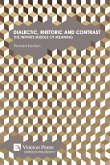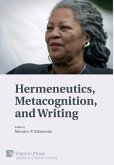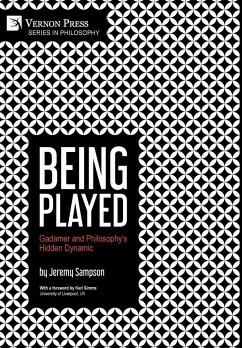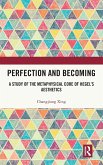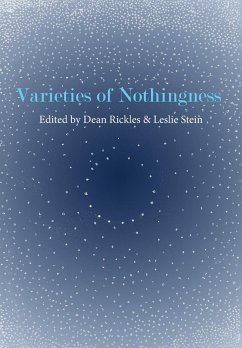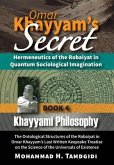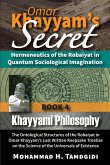By compiling an experimental method combining both dialectic and rhetoric, 'Dialectic, Rhetoric and Contrast: The Infinite Middle of Meaning' demonstrates how singular meanings can be rendered in a spectrum of 12 repeating concepts that are in a continuum, gradated and symmetrical. The ability to arrange meaning into this pattern opens enquiry into its ontology, and presents meaning as closer to the sensation of colours or musical notes than the bivalent oppositions depicted in classical logic. However, the experiment does not assert that this pattern suggests some sort of constant or absolute principle; instead, it theorises on the ways in which meaning can be considered to be recursive. To explain this, the book explores the concept of contrast itself. No exactitude on the precise existence of contrast can ever be struck because the answer varies infinitely depending upon the scale of measurement used to gauge the meeting point. This characteristic of contrast helps to define a whole new dimension from which sensation, meaning, cognition and consciousness can be analogised to the infinite forms between forms. At a time when the widest consensus in philosophy is the exhaustion of its central themes, the significance of such a hypothesis provides fresh impetus to revise some of the key meanings and concepts underpinning contemporary thought. To do this, the method explores the opposing themes of idealism and realism that run throughout western philosophy from Plato to the Speculative turn. This book will be of interest to professional academic audiences in the humanities and social sciences, from graduates to senior scholars. It will also be an interesting read to anyone wishing to keep abreast of developments in continental philosophy, epistemology, metaphysics, and the sociology of knowledge.
Hinweis: Dieser Artikel kann nur an eine deutsche Lieferadresse ausgeliefert werden.
Hinweis: Dieser Artikel kann nur an eine deutsche Lieferadresse ausgeliefert werden.

